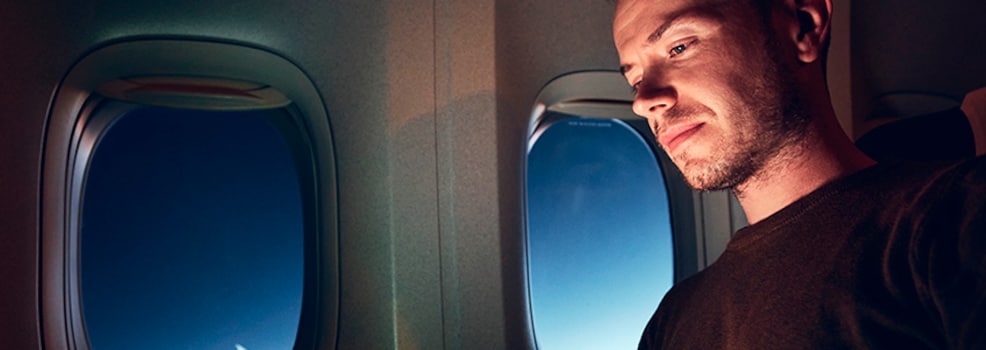Beyond the brightness of the neon lights, the noise of the pachinko parlours and the modernity of cutting-edge technology, Japan is a country of deep spirituality in which traditions are still present in the daily life of the vast majority of its inhabitants. In this itinerary you will discover that quieter Japan, that of the temples, the rooms with tatamis, monasteries and prayers. Mt. Koyasan and Nikko, near Osaka and north of Tokyo respectively, will be two of the stops along this route that will bring us closer to Japanese tradition.
Fancy joining us?











